Downey Patriot, November 7, 2013 Dr. Helena Chui was the keynote speaker at the stroke prevention seminar.
DOWNEY – When Rancho Los Amigos National Rehabilitation Center Chief Medical Officer Mindy Aisen entered Wednesday’s Primary Stroke Prevention seminar at the Rio Hondo Event Center midway through Dr. Helena Chui’s presentation, she noticed something very unusual. “Every member of the audience was sitting on the edge of their seat,” Dr. Aisen said. “Dr. Chui was obviously delivering a very powerful message.” More than 200 community members packed the event center for “Saving Our Memory and Minds from Alzheimer disease and Arteriosclerosis,” the fifth and final Primary Stroke Prevention event in Downey for 2013. These seminars provided free carotid artery, aortic abdominal aneurysm and blood pressure screenings for more than 1,000 people. These free screenings have been valued at more than $350,000. The seminars are sponsored by the RTH Stroke Foundation, Rancho Los Amigos Foundation, The Downey Patriot and the Rio Hondo Event Center. A series of seminars for 2014 will be announced soon. Dr. Chui, who is Chair of Neurology of the Keck School of Medicine of USC and is ranked as one of the top neurologists in the world, is no stranger to the city of Downey. She has worked at Rancho for 30 years, and she has also been a USC faculty member for three decades. Her presentation made the very complex issues of dementia understandable for the sold-out crowd. Dr. Chui discussed four general areas: *The issue of forgetfulness. “There are varieties of forgetfulness, just like there are varieties of flowers,” she said. “Not all of them are Alzheimer’s disease.” *What causes Alzheimer’s disease and what causes cerebral vascular disease * How Alzheimer’s and vascular dementia interact with each other * What we can do to prevent or cure these diseases “Alzheimer’s disease is the 200-pound gorilla whenever we’re talking about saving our memory and our minds,.” Dr. Chui said. “The largest cause of loss of memory is Alzheimer’s disease, with 64% of dementia cases. The second most common cause is vascular disease at 17%. And the third most common cause is a combination of Alzheimer’s disease and vascular dementia at 12%.” Vascular dementia is a form of thinking impairment caused by a vascular brain injury like a stroke,” Dr. Chui said “This is due to vascular disease because of risk factors such as high blood pressure, high cholesterol, high sugar and too much smoking. This is the train that leads to vascular cognitive dementia.” “The take home message is that just because you can’t remember doesn’t mean you have Alzheimer’s,” she said. “If you want to figure it out, go see a memory specialist. That could be your family doctor. If you are getting older, you may wish to visit a family doctor that is more interested in geriatrics than pediatrics, or a neurologist that is trained to distinguish these types of memory loss.” Dr. Chui said that the risk of Alzheimer’s disease and stroke increases after age 65 for both men and women. She added that men are more at risk for stroke at a younger age, and women are at higher risk for stroke and Alzheimer’s disease as they get older. “The normal brain shrinks .5% per year after age 65,” Dr. Chui said. “By contrast, the brain of an individual with Alzheimer’s disease can shrink by as much as 1-2% per year. Alzheimer’s is associated with progressive brain atrophy. It has a major impact on memory, then language and spatial thinking abilities.” The challenges of Alzheimer’s disease are especially daunting because there is no way to prevent or slow the disease, Dr. Chui said. We don’t yet have a good treatment for Alzheimer’s but, we have made great progress in understanding the disease, which gives me hope that someday soon we will see a breakthrough,” she said. “We have some ideas from studies in mice and observational studies, but none of these have yet proven to prevent Alzheimer’s disease. We have only symptomatic treatments for the disease.” Dr. Chui explained that it takes 15 years and approximately $1 billion to develop one new drug. She said the good news is that many new drugs are now being tested for many aspects of Alzheimer’s disease. Dr. Chui pointed out that those who experience strokes can undergo rehabilitation. “If stroke is in progress, you can call 911 and a clot buster could be given and the clot broken up,” she said. “There is a valuable window of minutes and hours to stop the stroke,” she said. “It’s also important to work to reduce your risk factors.” “We can start fighting dementia by reducing our vascular risk factors,” Dr. Chui said. “If you take all the capillaries in the brain, they would extend from Los Angeles to San Francisco. We want to keep that network as healthy as possible.’ Dr. Chui said that our choices and our genes are major determinants of Alzheimer’s disease and vascular dementia. “You have to be lucky on your genes and make wise choices,” she said. Major risk factors for vascular disease include age, high LDL cholesterol, low HDL cholesterol, high blood pressure, diabetes and cigarette smoking. You can’t do anything about getting older, but you can take your fate into your own hands by reducing these other risk factors.
Dr. Chui discussed 10 lifestyle modifications people can make to reduce their risks for vascular disease, including:
* Stop smoking * Lose weight if overweight * Limit alcohol to one ounce per day * Reduce sodium intake to less than 2.3 grams per day * Reduce cholesterol to 300 mg per day * Avoid trans fats, (no more than 1 mg per day) * Eat 1-2 grams of omega-3 fatty acids each day * Exercise aerobically regularly * Keep active mentally, socially and spiritually * Sleep well ‘There’s so much we can do to protect the health of our blood vessels, and we hope that that will slow down the progress of memory loss,” Dr. Chui said. “It’s also important to remember that there is always hope.” Deborah Massaglia, President of the RTH Stroke Foundation, said “On behalf of all those who attended, we wish to thank Dr. Chui for delivering a great presentation on Alzheimer’s and dementia. Many attendees came out of our seminar saying that was one of the best lectures they have ever been to, and we agree.” Deborah said the organization’s mission statement spoke volumes about the ultimate purpose of the seminar series: “The mission of the RTH Stroke Foundation is to eliminate stroke whenever and wherever possible. People suffer 795,000 strokes in the U.S. every year, 144,000 of which result in death.” “These are dire statistics, but there is one that is even more startling,” she said. “Experts in stroke research and treatment say that eight out of every ten strokes can be prevented – eight out of ten!” “Many people got to our Downey screenings just in time this year.” Deborah said. “They had life-threatening conditions without knowing. Thanks to the results of the screenings we provided, they were referred for immediate medical attention.” “Our operating model enables us to put donor money directly to work affecting the lives of literally thousands of people,” she said. “The last words of Roxanna Todd Hodges were ‘Strike out stroke wherever you can.’ “This is what we do every day of the week.” This year’s five Downey screenings had the most participants of any seminars the RTH Stroke Foundation has held throughout Southern California over the last 15 years. Many lives have been saved because of these seminars, which USC’s Nerses Sanossian, MD, Director of the Roxanna Todd Hodges Comprehensive Stroke Clinic at the Keck School of Medicine of USC, called “the most successful Primary Stroke Prevention seminar series our nation has ever had.”
“We are extremely pleased with the unprecedented results of our Downey seminar series,” Deborah said. “Our entire team is looking forward to bringing life-changing messages from top doctors such as Dr. Chui to the Downey community in a new series of Primary Stroke Prevention Seminars next year.”
Photo Courtesy Of: Greg Waskul
http://www.thedowneypatriot.com/article.do?id=17720575
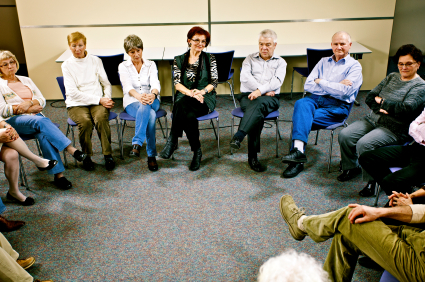 January 1, 2001/by administrator
January 1, 2001/by administrator  January 1, 2001/by administrator
January 1, 2001/by administrator 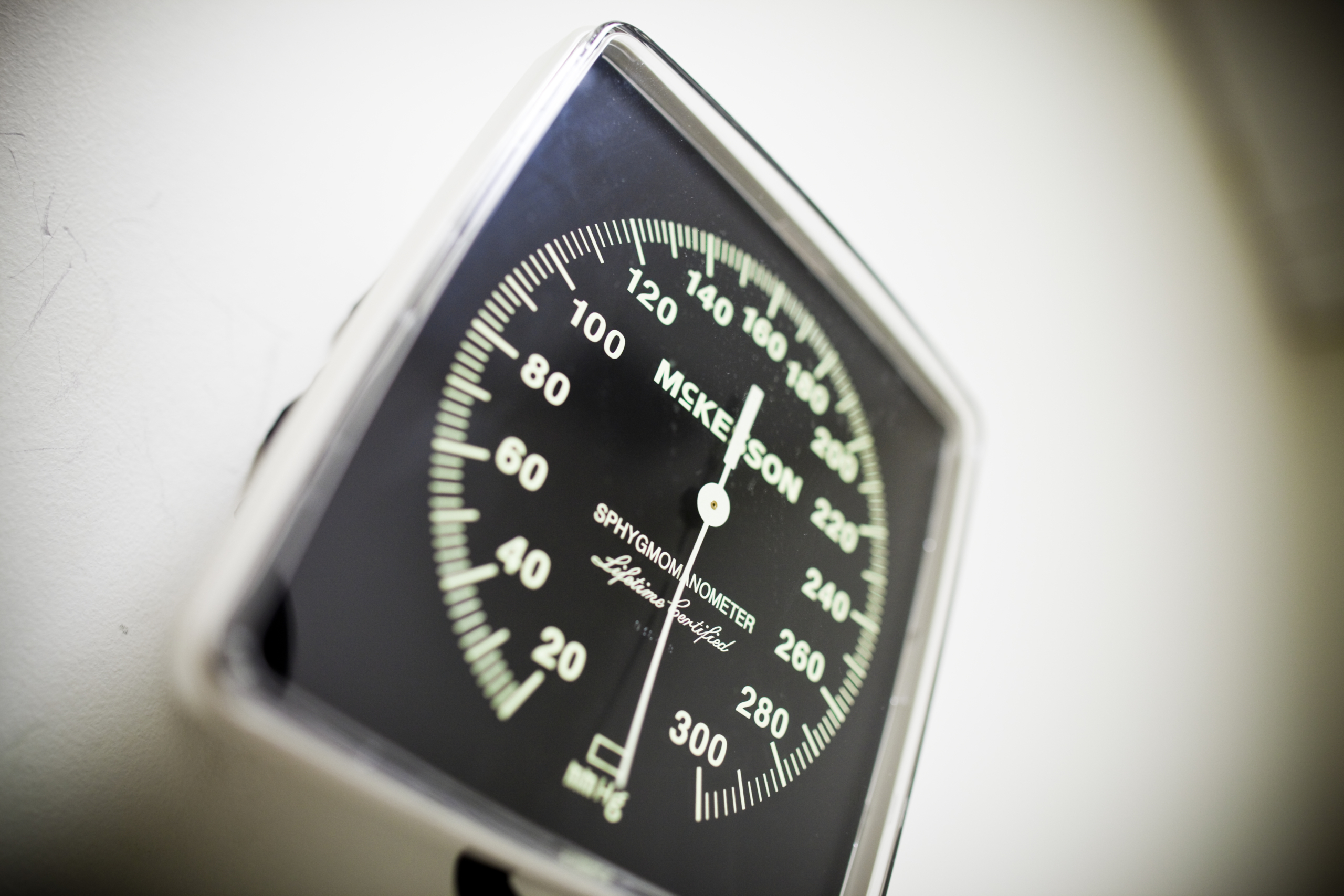 January 1, 2001/by administrator
January 1, 2001/by administrator 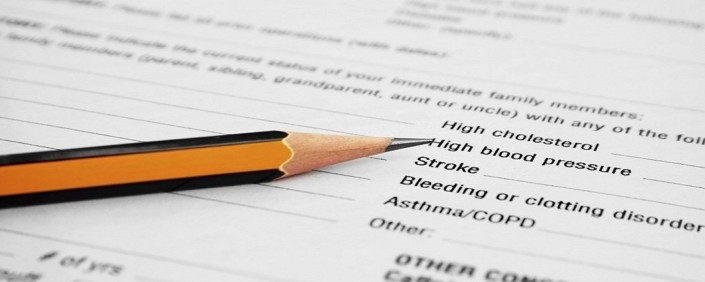
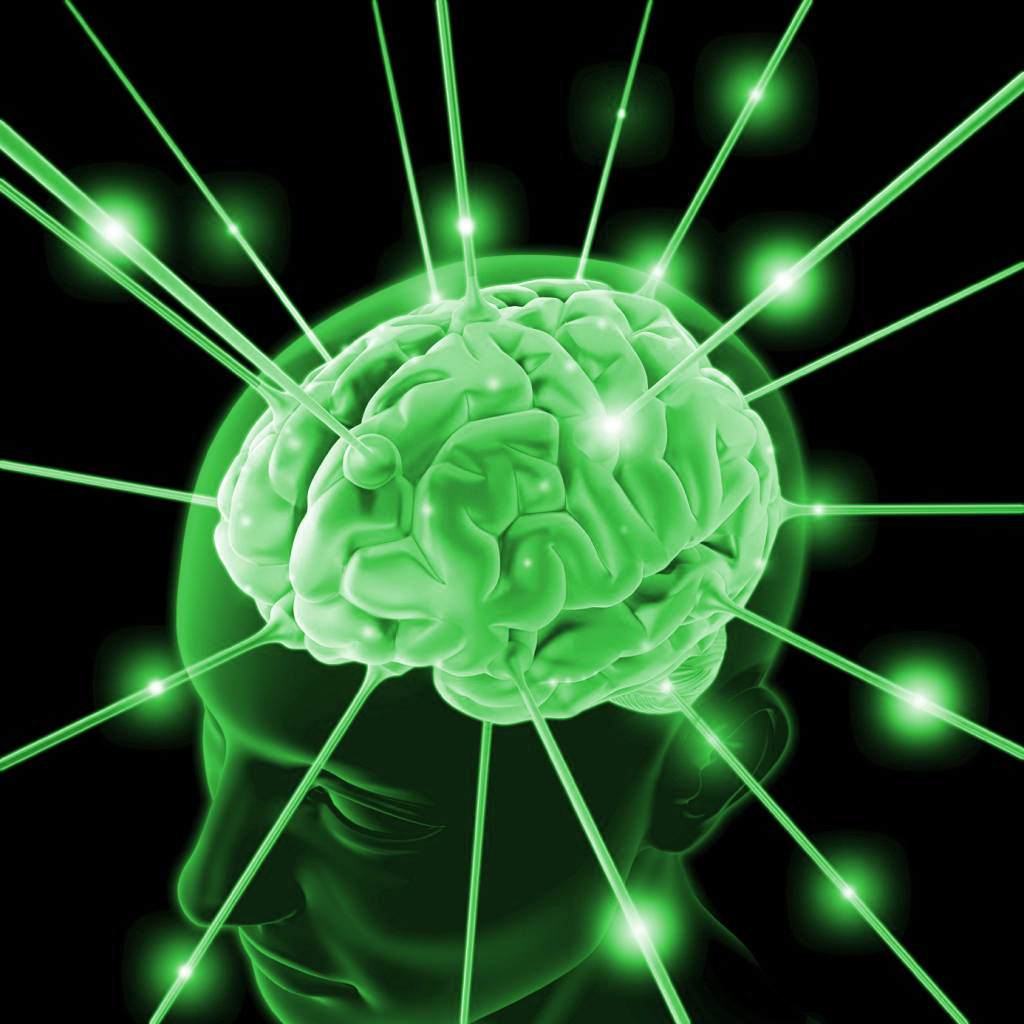 January 1, 2001/by administrator
January 1, 2001/by administrator 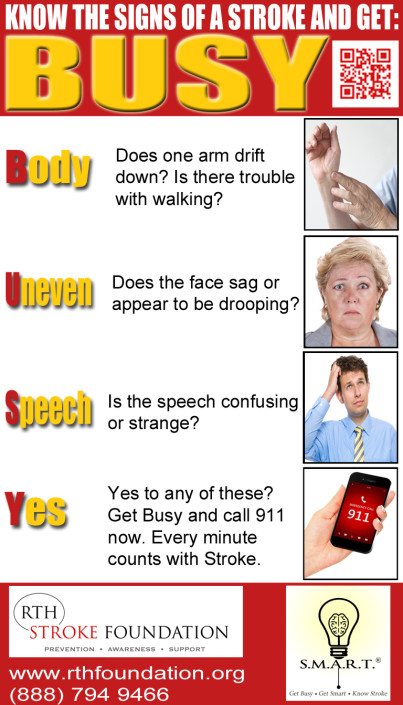 January 1, 2001/by administrator
January 1, 2001/by administrator  January 1, 2001/by administrator
January 1, 2001/by administrator 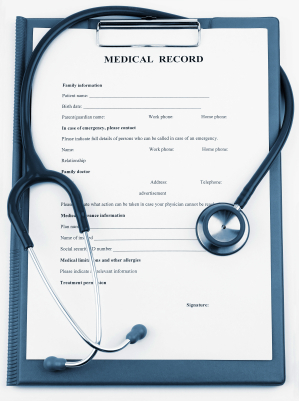 January 1, 2001/by administrator
January 1, 2001/by administrator  January 1, 2001/by administrator
January 1, 2001/by administrator 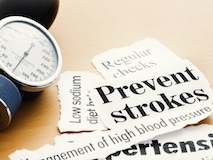 January 1, 2001/by administrator
January 1, 2001/by administrator 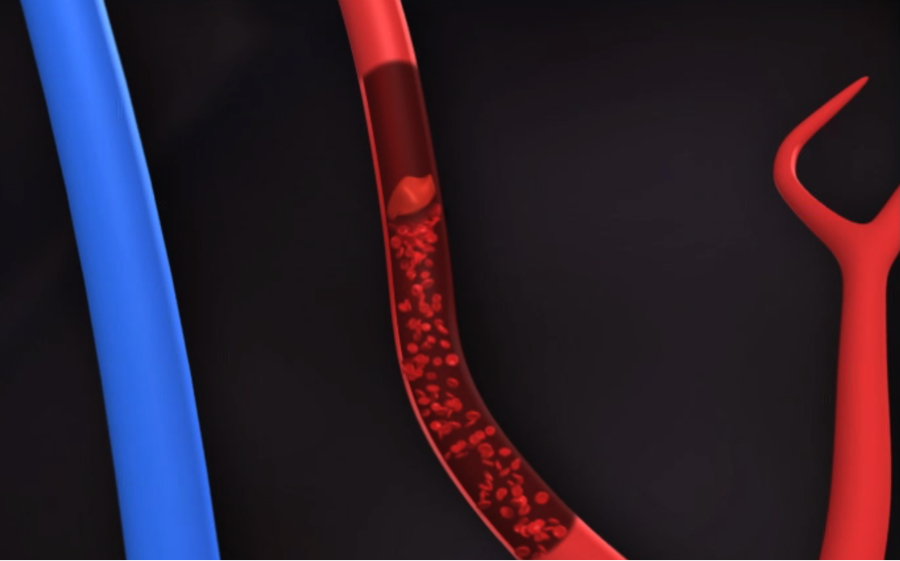 January 1, 2001/by administrator
January 1, 2001/by administrator  January 1, 2001/by administrator
January 1, 2001/by administrator 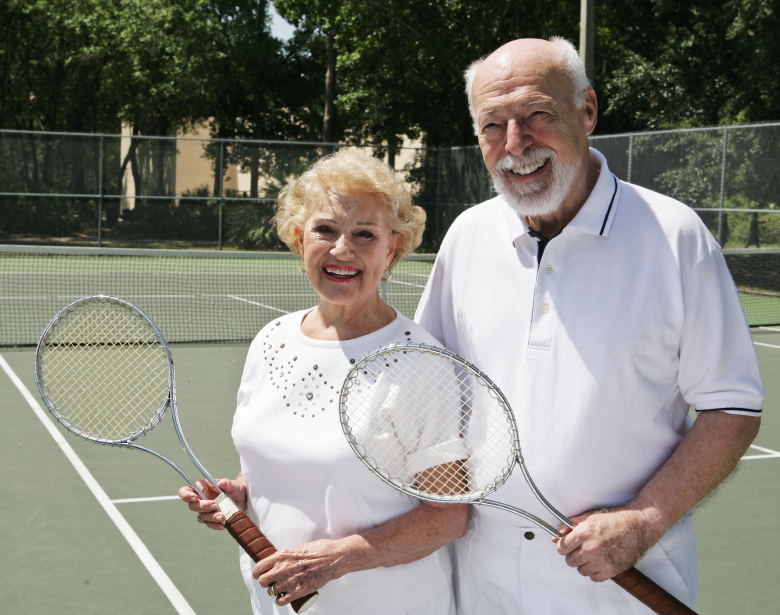 January 1, 2001/by administrator
January 1, 2001/by administrator  January 1, 2001/by administrator
January 1, 2001/by administrator 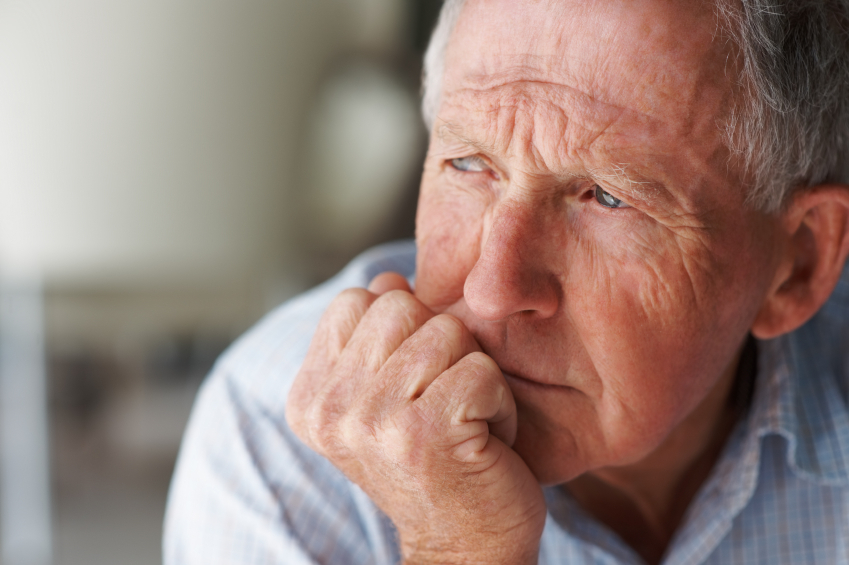 January 1, 2001/by administrator
January 1, 2001/by administrator 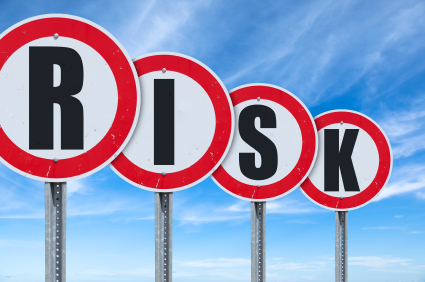 January 1, 2001/by administrator
January 1, 2001/by administrator